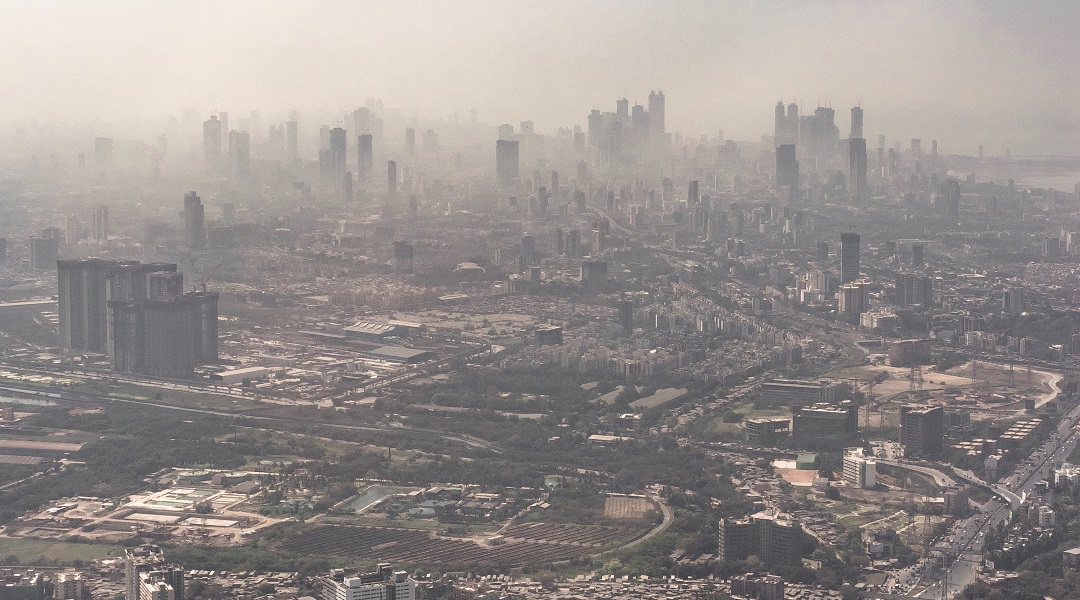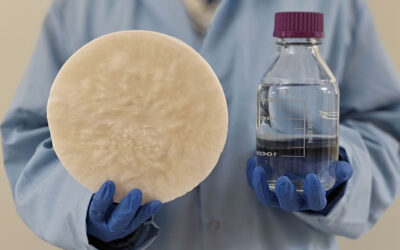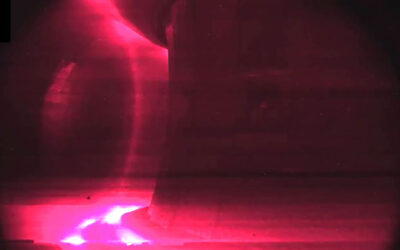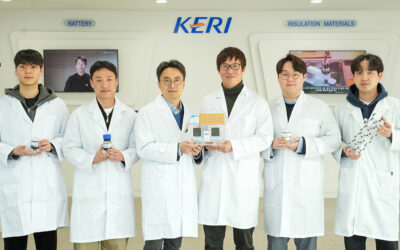Image credit: Abhay Singh/Unsplash
All over the world, highly industrialized regions are struggling with the same problems: they produce too much CO2 which is accelerating climate change, and high level of pollutants in the air has been linked with diseases such as cancer, cardiovascular problems, and pneumonia. With the widening gap between the rich and poor, more and more people have not have reliable access to food, clean air, and hospitable lands. These problems are particularly evident in countries such as India.
“Process biotechnology can play a very important role in addressing contemporary global challenges in the areas of energy, the environment, and healthcare”, said Professor Ramkrishna Sen from the Indian Institute of Technology (IIT) in a recent paper. Together with his colleague, Dr. Ramalingam Dineshkumar from the Central Salt and Marine Chemicals Research Institute, he investigated if microalgal biorefinery could satisfactorily produce lipids for biofuels and carotenoids for healthcare applications, while also tacking CO2 mitigation.
Biorefinery technologies are based on the idea of sustainably processing biomass into a spectrum of marketable products. Huge quantities of biochemicals and pharmaceutical products are already being produced using bioreactors, though unfortunately, this process is not yet economically viable for high-value biofuels. Thus, Sen and Dineshkumar investigated the design aspects of photo-bioreactors to enhance the efficiency.
“Despite efforts made by researchers to improve product yields”, they said, “there is ample scope to improve the economic viability of lutein and lipid production by integrating upstream and downstream operations to reduce the cost associated with the process.”
The researchers focused on the production and recovery of high-value carotenoids like lutein for healthcare applications and lipids for biofuel purposes, along with CO2 sequestration. According to Sen and Dineshkumar, the selection of potential feedstock is the key to deriving multiple products concomitantly.
Microalgae are considered to be a potential biomass feedstock in terms of effective use of land and water and also of their ability to capture CO2 with 10–50 times more efficiency than terrestrial energy crops. Unfortunately, microalgae-based lutein and biodiesel production have the same technological challenges, i.e. low product yields and high costs for the cultivation and downstream processing of biomass.
The commercial potential of thermochemical downstream processes such as gasification, pyrolysis, and hydrothermal liquefaction has been recognized increasingly for the production of bio-oil and other value-added products. However, they require high temperatures of 400–600 °C and high pressure between 5 and 20 MPa operating conditions. “These processes must therefore be upgraded by developing more efficient catalysts to reduce the process energy requirements significantly to achieve commercial viability”, the researchers said.
Furthermore, Sen and Dineshkumar suggest integrating the upstream and downstream operations to reduce the cost and energy and achieve an economically feasible lutein and lipid production. A comprehensive cost and energy analysis should also be conducted to explain the economic viability of the proposed algal biorefinery.
Sen and Dineshkumar concluded that the construction of metabolically engineered strains that are capable of producing large amounts of lipids and carotenoids simultaneously could also be a suitable way to establish a competitive algae biorefinery. In addition to leveraging carotenoid and lipid production from algal biomass it is also essential to focus on deriving other value-added products like carbohydrates for bioethanol and protein for animal feed or bio-fertilizer applications.
Reference: R. Dineshkumar, R. Sen ‘A sustainable perspective of microalgal biorefinery for co-production and recovery of high-value carotenoid and biofuel with CO2 valorization’ Biofuels. Bioprod, Bioref. (2020). DOI: 10.1002/bbb.2107

















